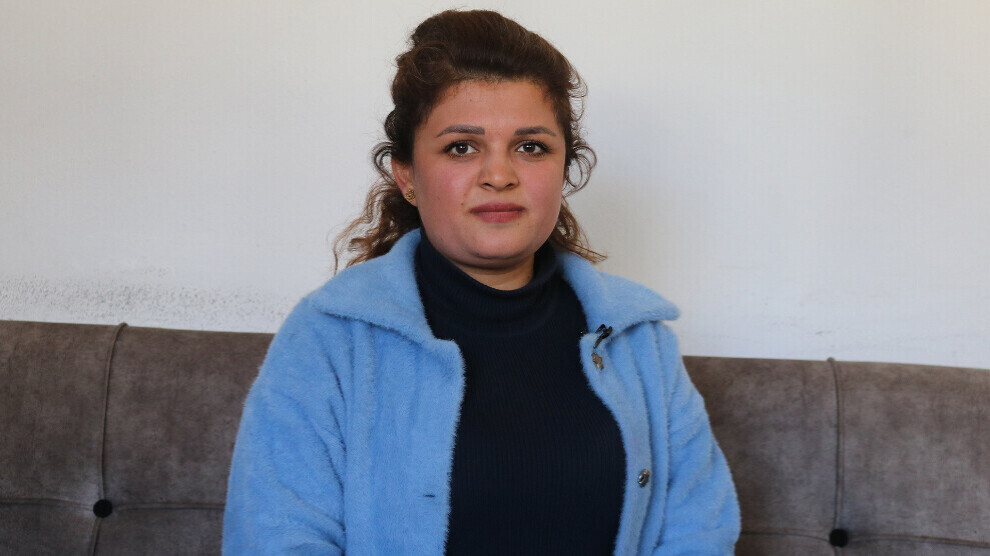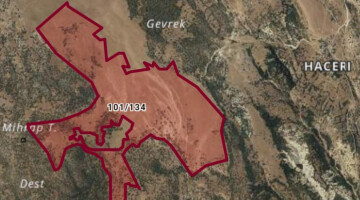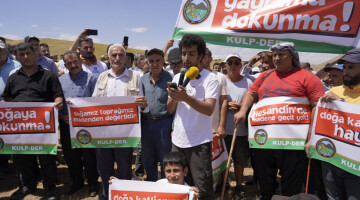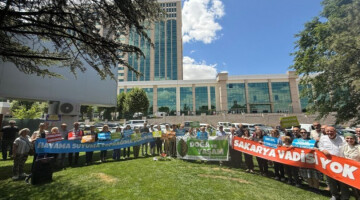The Kobanê Environmental Authority has started two projects on organic fertilizer production in order to reduce the use of chemical fertilizers that adversely affect the soil, environment, people and animals by running off and contaminating the groundwater and surrounding land.
The two projects aim to use worms and agricultural waste to produce organic fertilizer. Journalist Norşîn Abdi from NuJINHA spoke to Şiraz Haci, environmental engineer of the Kobanê Environmental Authority, about the role of the authority in protecting ecological integrity.
‘Environmental protection is one of our main aims’
“Environmental protection is one of our main aims. The Kobanê Environmental Authority works to create more green spaces and protect the environment. The environment has been adversely affected by the lack of precipitation in recent years,” she told us.
In the region, there are two nursery gardens named Mashta Nour Nursery Garden and and Rojnik Nursery Garden. “They play their role in increasing precipitation in the region. We carry out many activities to protect the environment such as planting trees and launching awareness-raising campaigns. For instance, we launched a campaign called, ‘Every tree is a home’ in order to increase green spaces. As part of our campaign on April 4, more than ten thousand trees were planted.”
Two projects on organic fertilizer production
The authority started working on two projects on organic fertilizer production months ago. “One of the projects aims to produce organic fertilizer using agricultural waste. We use wood, plant, soil and animal wastes to produce organic fertilizer. We ferment the mixture for a while. Then, we have peat soil. This soil is good for growing plants and trees. This project is the first project that started in the Euphrates Region to produce organic fertilizer.”
‘Soil fertility is further improved’
The second project of the authority is to produce organic fertilizer using worms. Speaking about this project, Şiraz Haci said, “This project aims to use earthworms to produce organic fertilizer. It is the process of earthworms turning organic debris into worm castings, the fertile waste product of earthworms. We need five thousand worms for each square meter. Worms feed most rapidly at temperatures of 15–25 °C. The whole process, from egg ingestion to egg deposits, takes about three months. A moist surface is necessary for oxygen to be absorbed and carbon dioxide to be given off. The skin of a worm is protected by a thin cuticle and kept moist by a slimy mucus. This lets it absorb the oxygen it needs and expel carbon dioxide. Earthworms allow soil fertility to further improve.”
Şiraz Hacı also talked about the harmful effects of chemical fertilizers. “Chemical fertilizers are very expensive and the use of chemical fertilizers adversely affects the soil, environment, people and animals. The aim of the projects is to reduce the use of chemical fertilizers and increase soil fertility.”















